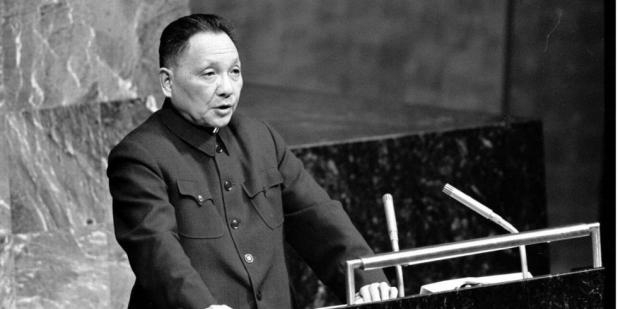He is an economic reformer
By the middle of the 1980s, Deng had implemented radical "one child per marriage" policies to reduce China's exploding population as well as economic changes in agriculture and industry that allowed for more local management. Deng maintained that China remain a socialist country under centralized rule during all of these developments. Reforms increased everyone's quality of life, but they also widened the chasm between the classes.
By 1989, opposition to Deng Xiaoping's authoritarian rule had grown since the democratic movement had gained traction in the middle of the 1980s. During a visit by Soviet Premier Mikhail Gorbachev, a series of large-scale protests at Tiananmen Square forced the closure of the government. Deng finally decided in favor of forcibly removing the demonstrators. The troops entered on June 3-4, 1989, while it was still dark, and within a few hours, all was over. Despite being there during Gorbachev's visit, the international media was not allowed in the Square. Hundreds, if not thousands, of protesters are thought to have died that evening.
Although he was credited with reforming the economy, he also caused controversy with his authoritarian rule. This resulted in thousands of deaths in protests against him.






